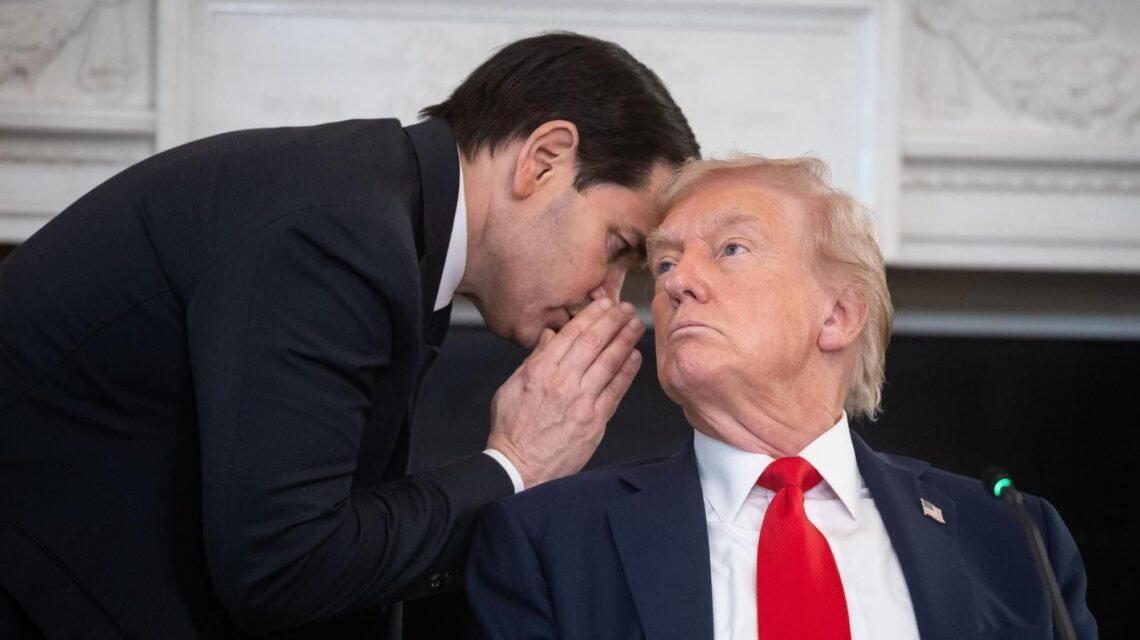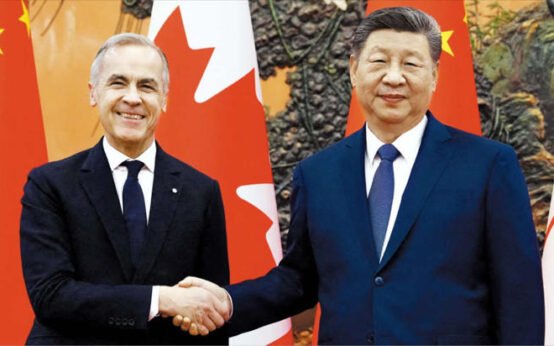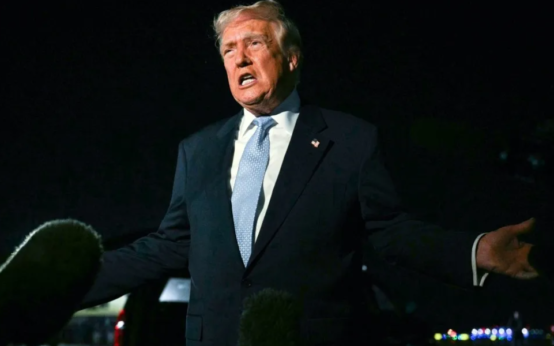U.S. President Donald Trump has announced the successful signing of the first phase of a Gaza peace deal between Israel and Hamas, signaling what many hope could be the beginning of a new era of stability in the Middle East. The announcement marks the most significant diplomatic breakthrough in the long and violent history of the Gaza conflict.
Gaza peace agreement marks new chapter in Israel-Hamas relations
According to Trump’s statement, both Israel and Hamas have agreed to halt hostilities and begin phased implementation of a peace roadmap, which includes the withdrawal of certain military operations, reconstruction aid for Gaza, and a commitment to future political dialogue.

The deal, described as “the first real step toward lasting peace, was reportedly mediated by a coalition of international partners, including Egypt, Qatar, and the United States. Trump, who has long positioned himself as a key negotiator in Middle East affairs, called the agreement a monumental moment for peace-loving nations.”
Key terms of the first phase of the Gaza peace plan
The initial phase of the peace deal focuses on immediate cessation of violence, exchange of detainees, and international aid entry into Gaza. Humanitarian corridors will be established to ensure that medical supplies, fuel, and food aid reach civilians.
In return, Hamas has agreed to cease rocket attacks on Israeli territory, while Israel has pledged to ease border restrictions and allow reconstruction projects under international monitoring.
Cautious optimism from global leaders
World leaders reacted to the announcement with guarded optimism. The United Nations Secretary-General welcomed the development as a “crucial opportunity to end the cycle of destruction,” urging all parties to act in good faith.
Meanwhile, European Union diplomats praised the U.S.-brokered initiative but cautioned that “implementation and verification will be the true test of commitment.”
Egypt and Qatar both key mediators hailed the deal as a diplomatic victory, while Iran and some Palestinian factions expressed skepticism, warning that the agreement could undermine Palestinian sovereignty if not handled transparently.
Trump claims diplomatic comeback with Gaza deal announcement
Trump’s announcement comes amid speculation about his potential return to political life and his growing influence in U.S. foreign policy discussions. He described the Gaza deal as “proof that strong leadership can achieve peace where others have failed.”
Critics, however, argue that the deal remains fragile, given the deep mistrust between Israel and Hamas and the complex realities on the ground.
Challenges on sustaining peace and rebuilding trust
Experts warn that while the signing of the first phase is promising, sustaining peace will require political will, mutual trust, and ongoing dialogue. Longstanding disputes over territorial boundaries, governance, and the right of return for Palestinian refugees remain unresolved.
Analysts also note that hardline factions on both sides could attempt to derail the peace process, as previous ceasefires have repeatedly collapsed under pressure from militant activities and political disagreements.
Gaza peace deal offers a rare glimpse of hope for millions of people who have endured decades of conflict and humanitarian suffering. While skepticism persists, the world now watches closely as Israel, Hamas, and international mediators attempt to transform this diplomatic breakthrough into lasting peace and reconstruction.


 Canada and China reset strategic partnership under Trump pressures
Canada and China reset strategic partnership under Trump pressures  Trump Aggressive Push to Oust Maduro: Drugs, Gangs, Oil, and Geopolitical Dominance
Trump Aggressive Push to Oust Maduro: Drugs, Gangs, Oil, and Geopolitical Dominance  Trump Faces Backlash as Canadian Tourism to US Plummets in 2025
Trump Faces Backlash as Canadian Tourism to US Plummets in 2025  Trump ‘Patriot Games’ Announcement Sparks Widespread Dystopian Parallels to ‘The Hunger Games’
Trump ‘Patriot Games’ Announcement Sparks Widespread Dystopian Parallels to ‘The Hunger Games’  Trump Travelled on at Least 8 Epstein Flights, Over 11,000 New Files Released
Trump Travelled on at Least 8 Epstein Flights, Over 11,000 New Files Released  Donald Trump Sues BBC for Billions Over Allegedly Edited January 6 Speech
Donald Trump Sues BBC for Billions Over Allegedly Edited January 6 Speech